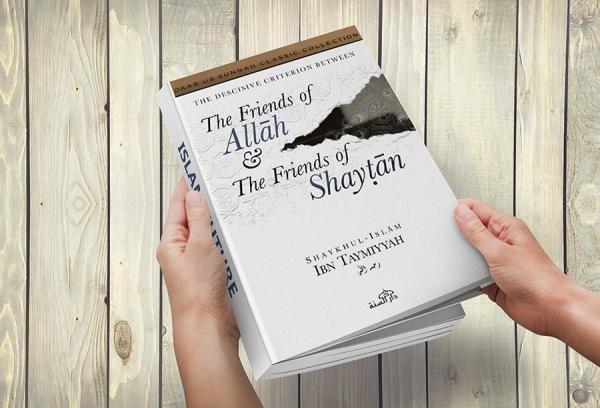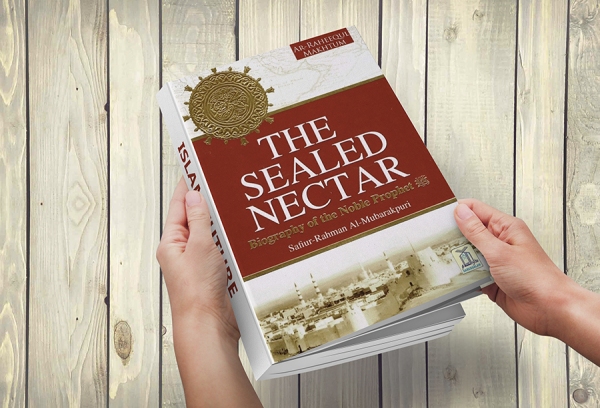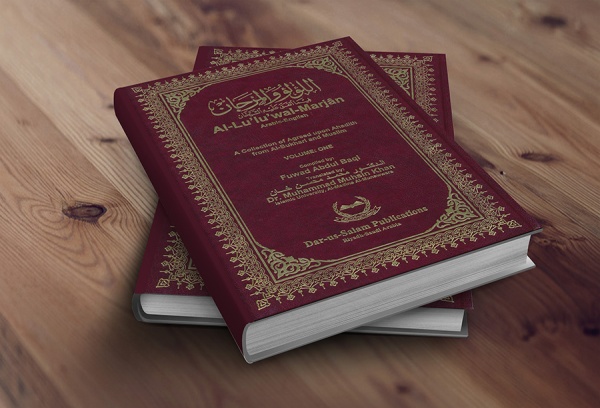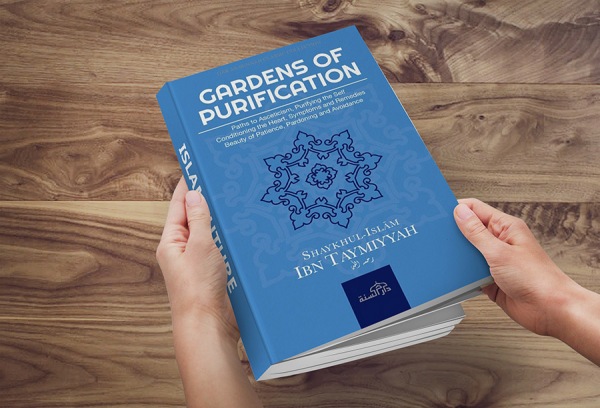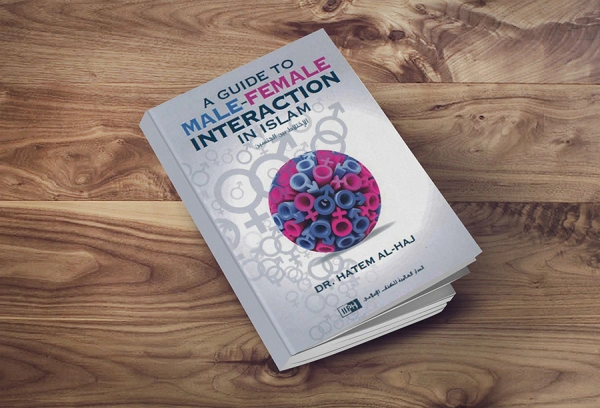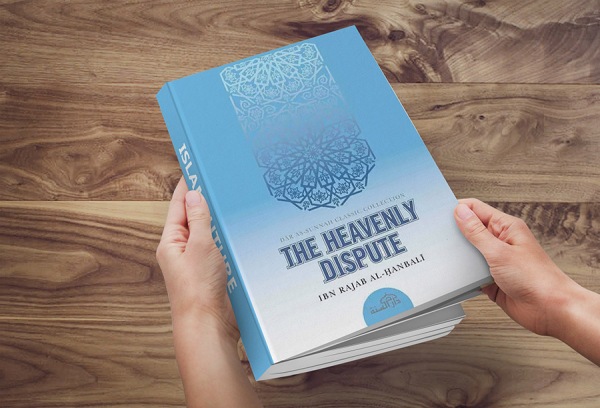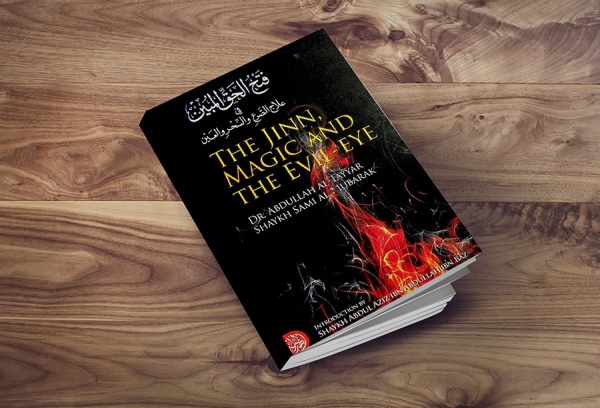
Muhibbudeen Al-Khateeb
Language: English | Format: PDF | Pages: 68 | Size: 1 MB
In the name of Allaah, the Beneficent, the Merciful
All praise is due to the Almighty God, Allaah. We praise Him and seek His help and forgiveness.
And we seek refuge in Allaah from the evils of our own selves and from our wicked deeds. Whosoever Allaah has guided, there is none to misguide him. And whosoever Allaah has misguided, none can guide him.
And I bear witness that there is no other god except Allaah, alone, without partner or associate. And I bear witness that Muhammad is His servant and messenger. May Allaah the Exalted bestow His peace and blessings onto Prophet Muhammad, upon his good and pure family as well as upon all of the noble Companions and upon those who followed them in righteousness until the Day of Judgement.
It is intended through this translation of Al-Khutoot Al-‘Areedah to present to readers of English, both Muslims and non-Muslims accurate information about the faith and tenets of the Shi’ite sect known as the Twelve Imamers or Ja’faris.
It is essential for the Sunni Muslim to know the fact of the Shi’ite deviation from the straight path of Islaam taught by the Prophet Muhammad (sallahu alayhi wa salam) and his noble Companions (r.a.a.). Al-Khutoot Al-‘Areedah clearly and briefly presents the actual teachings of the Shi’ites in general, and the Twelve Imamers in particular. The reader will derive from the text an unequivocal understanding of the Shi’ite sect and will distance himself from them and their beliefs. He will realise that there can be neither reconciliation nor reunification of the Sunnis and the schismatic Shi’ites until and unless the latter renounce their perverse tenets. They must return to the pure unadulterated teachings of Islaam held and maintained by Ahlus- Sunnah wal-Jama’ah (the Sunnis).
Unfortunately, it is a common view in the West that the Irani Shi’ites and their so-called “Islaamic” revolution with all its attendant turmoil, injustice and barbarism, are representatives of Islaam. It is hoped that the non-Muslim reader of this work will come to perceive the abyss which separates the Shi’ites from the Muslim majority, and that he will no longer condemn all Muslims for the activities of one deviant sect. Continue reading
